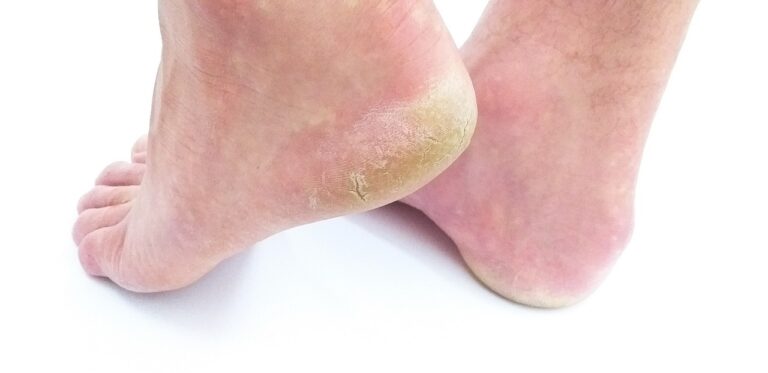Coping with Chronic Fatigue Syndrome During Perimenopause
world7, mahadev book login, silverexch: Coping with Chronic Fatigue Syndrome During Perimenopause
Perimenopause, also known as the menopausal transition, can be a challenging time for many women. This period, which typically begins in the late 40s to early 50s, is marked by fluctuating hormone levels that can lead to a variety of symptoms, including hot flashes, night sweats, mood swings, and fatigue.
For women who are also dealing with chronic fatigue syndrome (CFS), perimenopause can exacerbate their symptoms and make it even more difficult to cope on a day-to-day basis. CFS is a complex disorder characterized by extreme fatigue that cannot be explained by any underlying medical condition. It can be debilitating and make it challenging to perform even simple daily tasks.
If you are a woman dealing with both perimenopause and CFS, know that you are not alone. There are ways to cope with these overlapping conditions and improve your quality of life. In this article, we will explore some strategies to help you manage chronic fatigue syndrome during perimenopause.
1. Prioritize Rest and Sleep
One of the most important things you can do to manage chronic fatigue syndrome during perimenopause is to prioritize rest and sleep. Make sure you are getting enough restful sleep each night by establishing a bedtime routine, avoiding caffeine and electronic devices before bed, and creating a comfortable sleep environment.
2. Pace Yourself
It’s essential to pace yourself and not push yourself too hard when you are dealing with chronic fatigue syndrome. Listen to your body and take breaks when you need them. Break up tasks into smaller, manageable chunks and try to avoid overexerting yourself.
3. Practice Stress Management Techniques
Stress can exacerbate symptoms of chronic fatigue syndrome, so it’s crucial to find ways to manage and reduce stress in your life. Try relaxation techniques such as deep breathing, meditation, yoga, or tai chi. Find activities that help you unwind and relax, such as spending time in nature, reading a book, or listening to music.
4. Stay Active
While it’s important to rest and pace yourself, staying active can also help manage symptoms of chronic fatigue syndrome. Gentle exercise such as walking, swimming, or yoga can help improve energy levels, mood, and overall well-being. Start slowly and gradually increase your activity level as tolerated.
5. Eat a Balanced Diet
Eating a healthy, balanced diet is essential for managing chronic fatigue syndrome during perimenopause. Make sure you are getting plenty of fruits, vegetables, whole grains, and lean proteins in your diet. Stay hydrated by drinking plenty of water throughout the day.
6. Seek Support
Dealing with chronic fatigue syndrome during perimenopause can be challenging, so don’t be afraid to seek support from friends, family, or a support group. Talking to others who understand what you are going through can be incredibly beneficial and help you feel less alone.
7. Consult with Healthcare Providers
If you are struggling to cope with chronic fatigue syndrome during perimenopause, it’s important to consult with healthcare providers who can help. Your doctor may recommend medications, alternative therapies, or other treatments to help manage your symptoms and improve your quality of life.
FAQs:
Q: Can hormone replacement therapy help with chronic fatigue syndrome during perimenopause?
A: Hormone replacement therapy may help alleviate some symptoms of perimenopause, but its effectiveness in managing chronic fatigue syndrome is not well established. Consult with your healthcare provider to discuss the benefits and risks of hormone replacement therapy for your specific situation.
Q: Are there any supplements that can help with chronic fatigue syndrome during perimenopause?
A: Some supplements, such as vitamin D, magnesium, and coenzyme Q10, have been studied for their potential benefits in managing chronic fatigue syndrome. However, it’s essential to consult with a healthcare provider before starting any new supplements to ensure they are safe and appropriate for you.
Q: How can I differentiate between symptoms of perimenopause and chronic fatigue syndrome?
A: Perimenopause and chronic fatigue syndrome can have overlapping symptoms, such as fatigue, mood swings, and sleep disturbances. If you are unsure about the cause of your symptoms, consult with a healthcare provider for a proper evaluation and diagnosis.
In conclusion, coping with chronic fatigue syndrome during perimenopause can be challenging, but it is possible with the right strategies in place. By prioritizing rest, pacing yourself, practicing stress management techniques, staying active, eating a balanced diet, seeking support, and consulting with healthcare providers, you can better manage your symptoms and improve your quality of life. Remember that you are not alone in this journey, and there are resources available to help you along the way.







